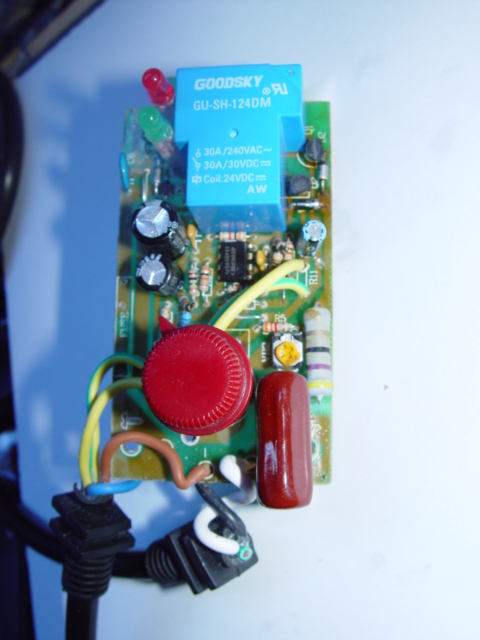Desolas said:
Yes, but you forget to also add that the human body has enough resistance that it requires more than 72 volts before it will pass through your body to ground. So while a open circuit could carry 100 amps, if it is only 12v it won't jump through you to ground.
I said under the right conditions, that being an open cut or some other set of circumstances that causes the current to be applied beneath your skin. An open circuit is just that, an open, there is no current flow in an open circuit.
I don't think even with an open short at the heating element side it would create enough voltage to hurt you.
An open and a short are 2 different things, I'm not sure what you are talking about here. An open circuit is an electrical circuit where there is not a complete path for the current to flow, therefore no current flows. A short circuit is an electrical circuit where there is an unintended path for the current to take, Thereby causing the current to take the 'short' path and bypass a portion of the circuit. In a short circuit you have the maximum current flow that the circuit can provide.
Which points out that as long as those heaters don't have a tendancy to break and stay on/overheat that heater is far safer than you typical glass tube heater which has 120v of AC directly in the water.
I agree, however even the 120 volt glass heaters only apply about 30 volts to the heating element, the orange light that comes on in the heater when it is operating is a neon bulb, which requires about 90 volts to ionize the gas, thereby dropping 90 volts across it. The neon bulb is wired in series with the heater element, so only the remaining 30 volts is applied to the heater element. You do still have 120 volt AC potential in the tank though.
I very much like the idea of a heater that uses low voltage and high current to heat the element opposed to one that uses high voltage and less current.
I do too, if it would just work . . I ordered a 350 watt from marine depot and it was broke when I got it. I have an RMA# now, time to box it up.
Also I think since the controller portion is out of the water they could have easily built it so it was groundable, they could have built it more like a transformer and given it a ground. That would have required more money, and really isn't necessary. Kind of odd they'd waste money on the extra wires though.
Mine is grounded, I opened it to check. The earth ground wire from the heating element is connected directly to the earth ground pin that plugs into the 120v outlet. Basically, its a heater AND a titanium grounding rod.

